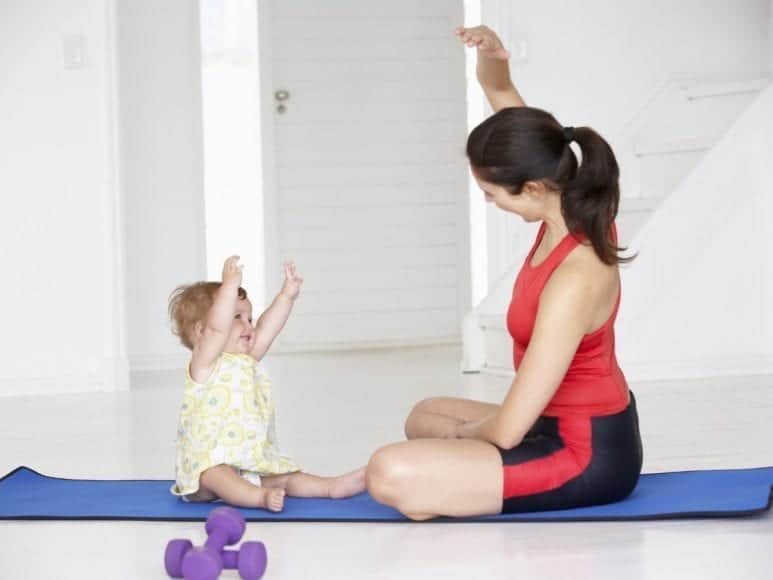
When you’re pregnant, your focus for the time after childbirth tends to be on having a baby. With a bundle of joy in your future, you may scan over information on how your body will change, but you assume you’ll be ready for anything — after all, you’ll have a new baby to care for, so you won’t even have the time to wonder about what’s happening to your body.
While this is undoubtedly true, there are a few things that all expectant mothers need to know about the which post-birth experiences you might expect. The more prepared you are, the better — and don’t worry; there are some good things to be anticipated.
Hair Loss

When you’ve given birth, you might get a nasty shock in the shower for the first few weeks of your baby’s life. It might appear that your hair is falling out in clumps and that’s exactly what’s happening.
However, the reason it’s going on is that during pregnancy you stop losing as much hair as you usually would. It’s been suggested that this is why so many pregnant women find their hair is thicker and more manageable during pregnancy. As soon as you’ve given birth, all the hair you usually would have shed over the past nine months decides to break free. Given that we all naturally lose around 100-150 hairs per day, there’s a lot of catching up to do. If you miss the luscious locks that pregnancy brought to you, it’s worth considering tape in hair extensions to get the same result even when you don’t have a bump.
Acne

Aren’t hormones fun?
Yep, a short while after giving birth you may experience an onset of hormonal acne. For most women, this will pass within four to six weeks, so try not to treat it too aggressively. A chemical exfoliant product containing AHAs is a good option; look for anything that contains glycolic or lactic acid. This will help to encourage the generation of new, healthy, zit-free skin without the rough action associated with conventional exfoliating products.
Reduced Appetite
Many women report that they experience a reduction in their appetite and hunger cravings when they have given birth. This might be more related to caring for a newborn — many new mothers find they don’t have much time to eat — than bodily changes in and of themselves, but it’s worth noting. Keep your diet varied and ensure you eat at least three times per day in the fourth trimester.
More Energy

Okay, so the first few on this list have been more than a little depressing. Let’s finish on a high note: chances are, you will feel full of energy post-childbirth, in a way you never did before you were pregnant. You’re more likely to feel this after the first few months — thanks to the sleep deprivation of caring for a newborn — but it’s definitely something to which you can look forward.
Giving birth doesn’t mean that you will immediately jump back to your pre-baby state. Being ready for what you can expect in the first few months of new motherhood ensures you’ve got all the information you need, and can enjoy the rest of your pregnancy with no surprises lurking in your future.





This is so interesting. I did not realize this. I know alot of women suffer with post partum depression but this is new information to me. Thank you so much for sharing I want to win
Reply
This is so interesting. I did not realize this. I know alot of women suffer with post partum depression but this is new information to me. Thank you so much for sharing